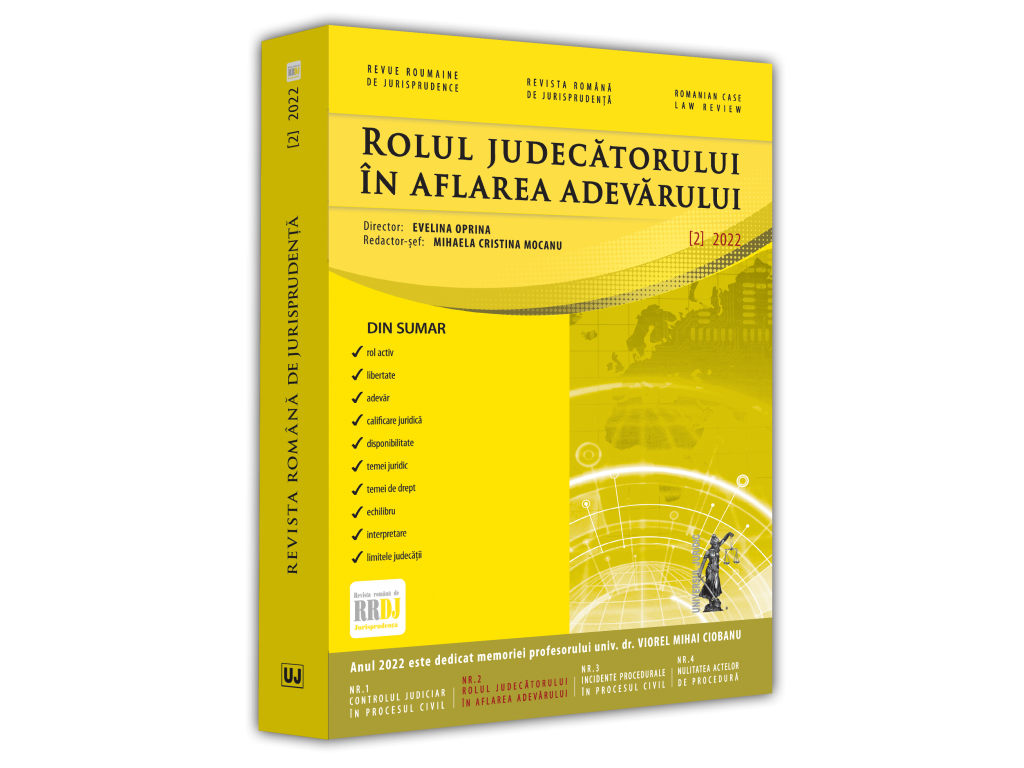„Unreasoned” reasoning of the decision on appeal or identical adoption of the considerations of the first instance judgment
DEZBATERI
Abstract
Copying the recitals of the judgment under appeal is not such as to provide a guarantee to the parties that their arguments and criticisms have been genuinely considered or that the appeal court has merely taken over a reasoning which is at least apparently logical and legal in order to fulfil its role.
However, the higher court may be allowed to take over the lower court's considerations, provided that the appellant makes identical criticisms at both stages of the proceedings and the court of judicial review validates the view of the lower court.
Furthermore, the judgment in which the arguments of one of the parties were taken as a whole cannot be reviewed by way of judicial review, as there is no reasoning of its own on the part of the judge in the case which logically led to the adoption of the operative part.
Indeed, the reasoning of the judgment means, in the strict sense of the term, the written statement of the reasoning that leads the judge to admit or reject a claim. However, in order to confer all the guarantees established by law for the benefit of litigants (right to a fair trial, right of defence, right of access to justice), the reasoning set out above must belong to the judge who settles the case, which is his role in the civil process (and not only).
However, in so far as the judgment is given not only within the limits of the court's power, but also within the limits imposed by law, it cannot be characterised as unreasoned, even if it takes from the arguments of one of the parties and does not analyse the arguments of the opposing party.
The essential condition that coincides with both issues under consideration is that the court of judicial review must examine and respond, explicitly or implicitly, to all the criticisms raised by the parties. In addition to the requirements of Art. 425 para. (1) (b) of the Civil Procedure Code relating to the content of recitals, Art. 9 para. (2) of the Civil Procedure Code raises to the level of principle the rule according to which the limits of the judgment are established by the claims and defences of the parties.
In so far as the judge includes in the recitals the factual situation, all the relevant claims and defences of the parties, as well as the reasons for which those claims were admitted/rejected, the taking over of the arguments put forward by a party or contained in the recitals of the judgment under appeal is not capable of rendering the act of administration of justice null and void, since this is not expressly prohibited by law.
Keywords: non-motivation; impartiality of the judge; validation of the trial court's opinion; limits of the investiture








